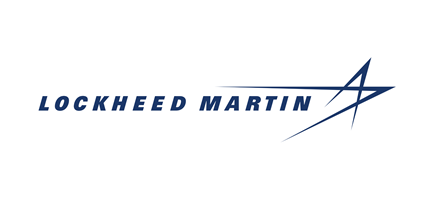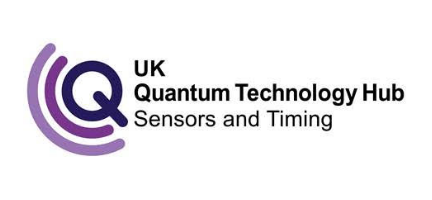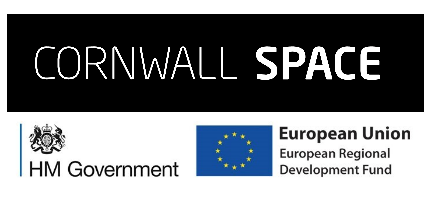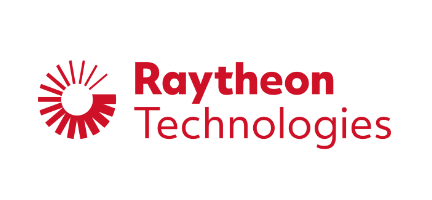The space shuttle Atlantis of the final space shuttle mission STS-135 is going to land at KSC (Kennedy Space Center, Florida) on Thursday, 21 July, 2011. The landing time is planned to be 05:58am EDT (09:58 GMT, 10:58 UK time).
What the STS-135 did/will do during its 4-crew, 12-day mission:
1. deliver the Raffaello multi-purpose logistics module to the ISS (supplies & spare parts to sustain the International Space Station)
2. deliver the RRM (Robotic Refueling Mission) (to demonstrate automatic refueling of satellites on orbit (even satellites not designed for this!))
3. fetch a failed ammonia pump that failed on the ISS (so engineers can understand what happened to it)
4. deliver the LMC (Lightweight Multi-Purpose Carrier) to accomplish tasks 2 & 3 (on the way up – to deliver the RRM, on the way down – to fetch the ammonia pump)
Source/details: NASA STS-135 Press Kit
Atlantis on STS-135. Picture credit: NASA
STS-135 mission status and current updates can be found here (via Spaceflightnow.com)
Follow @Spaceflightnow on twitter for latest updates!
Outline of STS-135 mission events (from Spaceflightnow.com):
July 18: Raffaello returned to shuttle bay
July 19: Undocking from station @ 2:28 a.m (EDT, i.e. 7:28am UK time)
July 20: Test re-entry and landing systems
July 21: LANDING in Florida @ 5:58 a.m. (EDT, i.e. 10:58am UK time)
A Spacevidcast/NASA-TV (HD, no less!) feed is posted below so you can follow the preparations, the Tuesday undocking from the ISS (07:28am UK time) and the landing (Thursday, 10:58am UK time) as it happens LIVE. Even though it might be dark in Florida at the landing time (05:58am), TV-cameras with infra-red lenses may be used to show the shuttle. Also, you can try to hear the 3 sonic booms that occur during the landing: one from the nose, one from the wings and one from the tail (it might sound like just 2 though, since the tail and the wings are so close). Finally, there’s going to be lots of commentary & videos (from NASA and Spacevidcast). The feed below is courtesy to Spacevidcast. It is an awesome (US) website providing weekly space podcasts and videocasts!
NASA-TV schedule is available here (via Spaceflightnow.com)
Personal opinion/rant by Toivo Hartikainen, UKSEDS member, reproduced from the CranSEDS website): This just a personal opinion and DOES NOT represent the views or beliefs of UKSEDS as a whole. It is meant to be thought-provoking.
I think it’s sad that the Space Shuttle is retired. I’m aware of the safety and cost issues to do with the Space Shuttle, and I agree with those concerns. However, I think that human spaceflight and use of the ISS won’t be progressed or helped by the fact that currently USA has no replacement vehicle for the Shuttle, and is forced to rely on the Russian Soyuz vehicle to take astronauts to the ISS. Maybe they could have kept the Shuttle going at least until they have a replacement vehicle? Maybe the private sector will deliver a vehicle with similar or better capability than the Shuttle (via SpaceX, Bigelow, etc.), but maybe it won’t. Private interests (profit) are often different from public interest (what people want in a democracy). Human spaceflight and exploration isn’t done for profit, but because it’s important. And yes, some people don’t care about space or human spaceflight, but it’s undeniable that many people do care (at least in the UK). A lot has been said about the future of the space sector being increasingly private, but it’s uncertain if they will benefit the general public as much as NASA or ESA. Often one hears politicians and space industry (e.g. during the UK Space Conference 2011, which I attended) talking about the importance of educating and inspiring people about space and science. Human spaceflight is THE single most inspiring thing about space (with science missions a close 2nd), and no doubt it will be used to generate interest in space for kids and students around the world. However, at the same time we hear about ISS being deorbited in 2020s, Space Shuttle retiring, UK not investing in human space flight at all, and even ESA countries decreasing their involvement in human spaceflight. There seems to be some contradiction here! Either they should actually do human spaceflight, or, stop telling kids about human spaceflight in an effort to enthuse them without at least mentioning the completely tragic state of human spaceflight in today’s space industry and space agencies! Pick one!
(by the way, for those who are more in favour of science missions, the same argument applies to science missions as well, like the James Webb Space Telescope, which is in trouble now (despite NASA backing).
It would be unfortunate if the actions of the UK and European space sector risk turning generation after generation of enthusiastic space students (engineering/science) into bitter cynics!
What do you think? Comments/opinions?










Comments are closed.